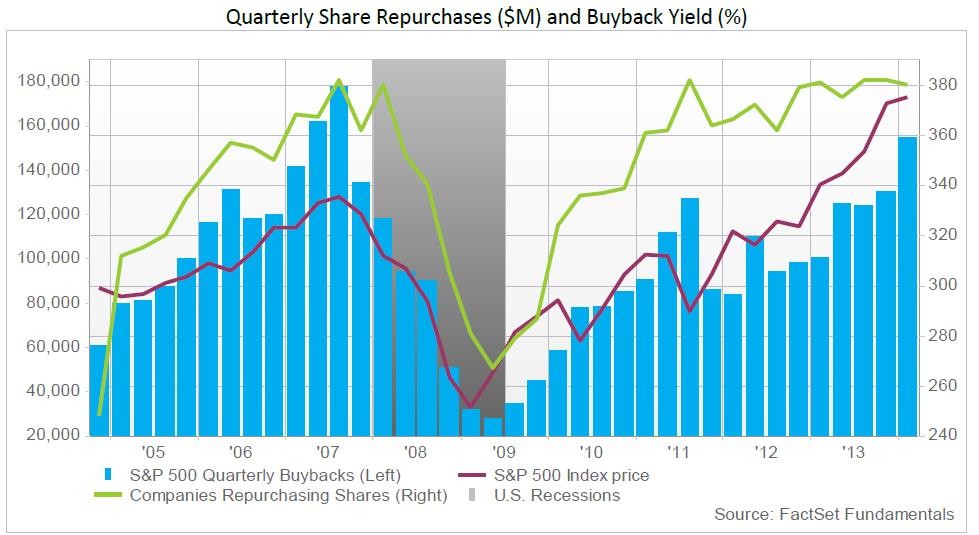Setting ourselves up for another financial crisis
Post on: 11 Апрель, 2015 No Comment

Ted Kaufman (Photo. )
12 CONNECT TWEET LINKEDIN 2 COMMENT EMAIL MORE
How much do you think we should invest as a nation in order to greatly reduce or even eliminate the possibility of another financial meltdown?
I think most of us would agree we ought to spend whatever it takes. After all, the Great Recession of 2008-09 resulted in the loss of 8 million jobs and trillions of dollars in economic losses.
Who wants to risk that happening again?
If you look at the federal budget it passed, you might think Congress does. Because the two agencies most responsible for averting another meltdown have not been given the funding they need to do the job.
Effective regulation of our financial markets can’t be dismissed, as it once was by some, as a big-government liberal agenda. Too many conservatives who once believed that to be true changed their minds after 2008. Even Alan Greenspan, who for years was acknowledged as Wall Street De-Regulator in Chief, admitted after the crash that his belief that financial markets could regulate themselves was ill-conceived. In a February 2009 speech before the Economic Club of New York, the former Federal Reserve Chairman conceded the enlightened self-interest he had once assumed would ensure Wall Street firms maintain a buffer against insolvency had failed.
Chris Cox was a Republican Member of Congress before he became Chair of the Securities Exchange Commission in 2005. He ran the agency believing as Greenspan did that Wall Street didn’t need the government looking over its shoulder. When he left in 2009, he admitted, We have learned that voluntary regulation does not work. … The lessons of the credit crisis all point to the need for strong and effective regulation.
The $1.1 trillion federal spending bill for this year allots $215 million to the Commodities Futures Trading Commission, $100 million less than last year. The CFTC staff has grown by only 7 percent in the past 20 years, yet the markets it is supposed to regulate have grown far more complex and five times larger.
The SEC didn’t do much better. Its budget is $1.67 billion, $1.53 billion less than it requested and only $29 million more than last year.
These budgets are especially inadequate because of the huge new burdens placed on these two agencies by – you guessed it – the Congress that now won’t give them the money to do their jobs. Some background: Back in 2009, I argued on the Senate floor we needed what are called bright line rules to address the major issues that caused the financial crisis. That is, we needed to pass very specific legislation that left no room for different interpretations. Wall Street hires the world’s best lawyers, and I knew that given the chance to define a rule their way, they would usually win.
Along with a handful of other senators, I lost that battle. Instead, the Dodd-Frank Wall Street Reform Act that was finally passed spelled out some general guidelines and largely left it up to regulatory agencies to write rules that would reduce risky investments by FDIC-insured banks, raise capital standards, regulate derivatives trading and make sure no banks were too big to fail.
The result? Three-and-a-half years later, the SEC and the CFTC are hopelessly behind schedule on writing new rules. And those they have written are in constant danger of being diluted by different interpretations tested by the Wall Street lawyers.
Understaffed and underfunded, there is no way the two agencies can implement Dodd-Frank in a truly effective way. And keep in mind there are lots of rules and regulations that have to be written just to deal with issues that had nothing to do with the meltdown, but are actually new threats to our financial system. For instance, little has been spent or done to explore the impact of high frequency trading and dark pools have on the markets.
You get what you pay for. Back before 2008, Wall Street was too lightly regulated because even those in charge of agencies like the SEC simply didn’t believe in government involvement. Now we are paying lip service to regulation but making sure it won’t be effective by neutering the regulators through the budget process.
Will the result – another financial crisis – be the same? I’m afraid I can’t see any reason why it won’t be.
Ted Kaufman is a former U.S. senator from Delaware. Read all of his columns at tedkaufman.com .
12 CONNECT TWEET LINKEDIN 2 COMMENT EMAIL MORE














